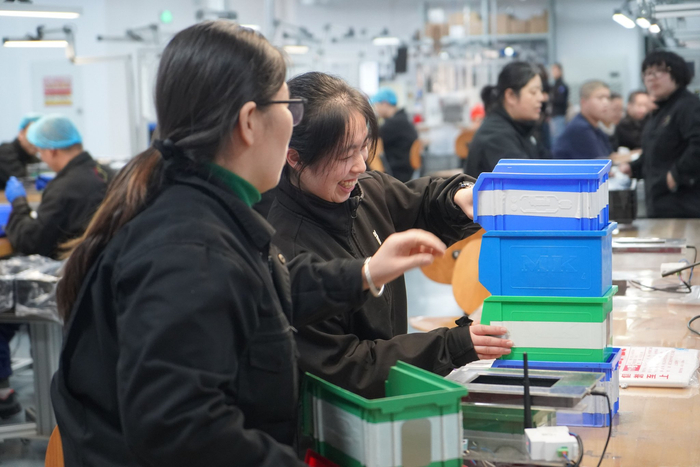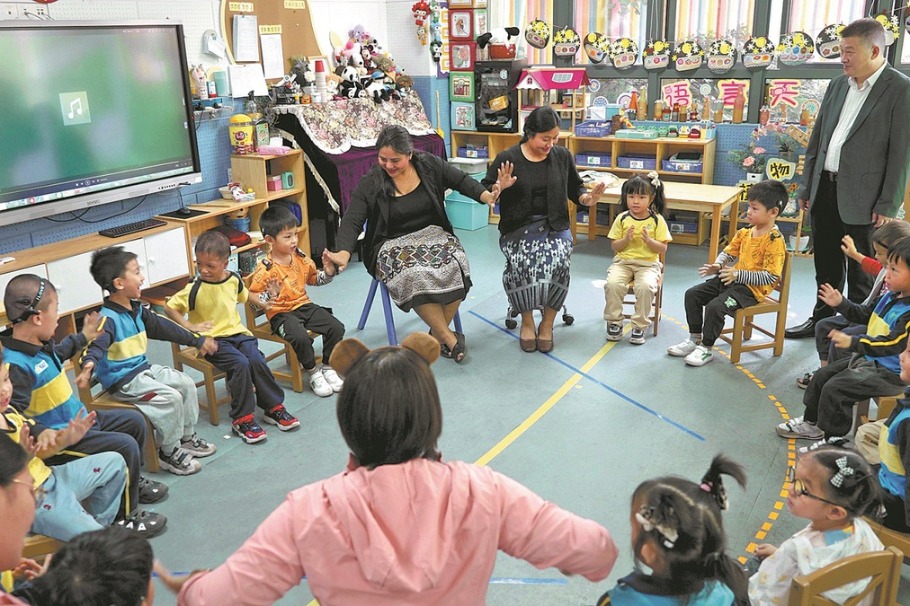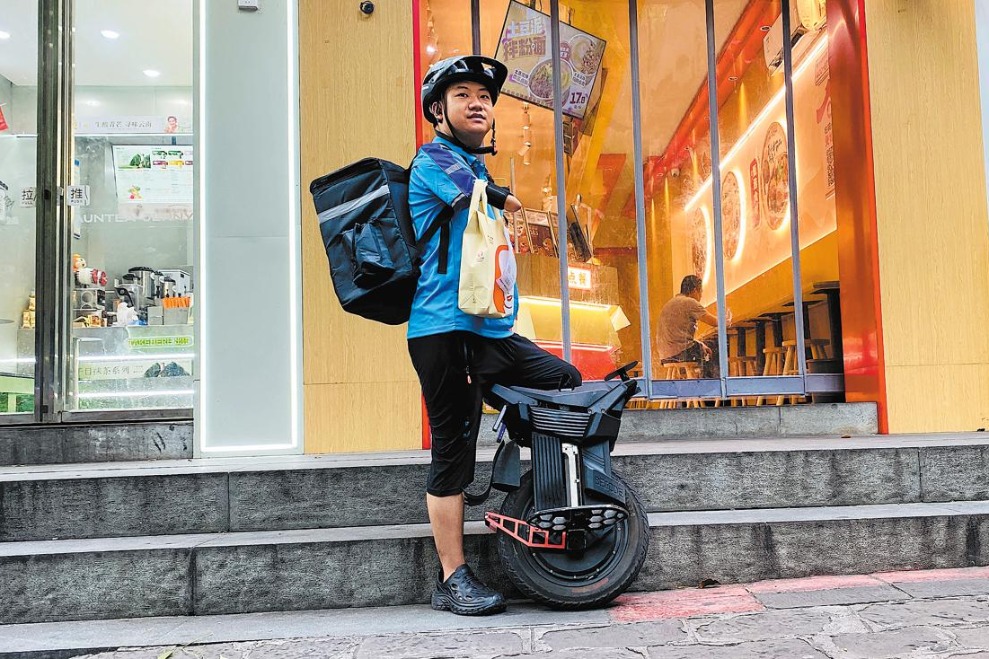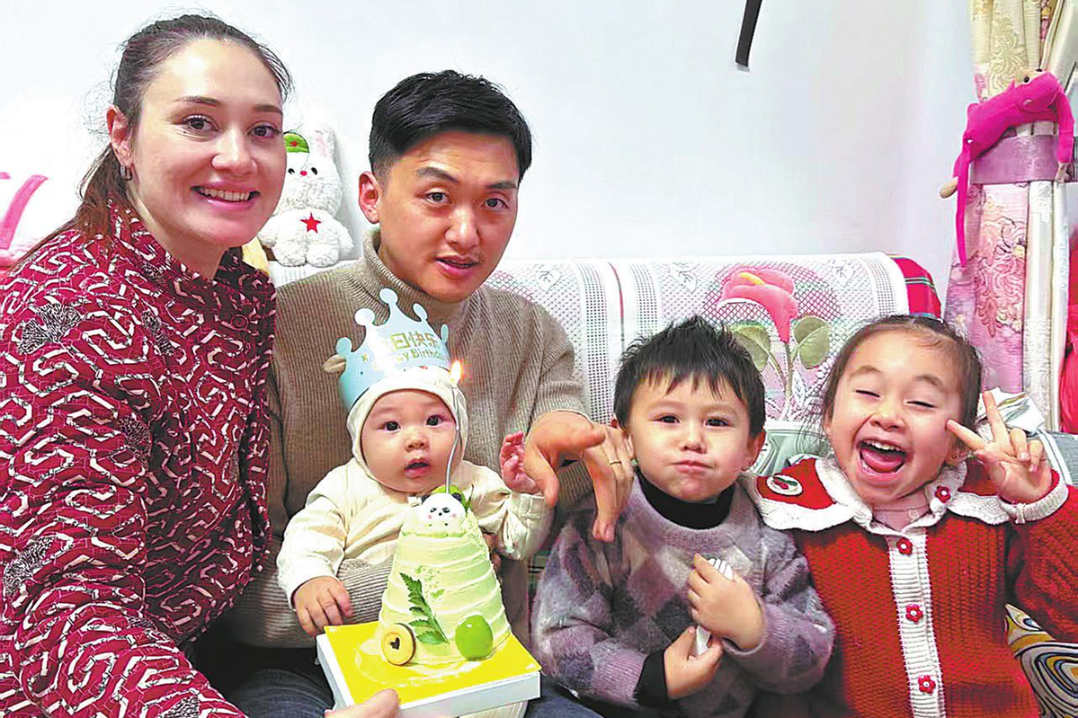Workers with disabilities building new kind of community in Taicang


In an industrial area of the city of Taicang in China's Jiangsu province, the whirring of machinery at the Inclusion Factory tells a story of quiet transformation.
Here, employees with intellectual and mental disabilities are not just earning a wage, they are building confidence, mastering skills and integrating into a community that was once largely out of reach.
At the heart of this story is Zhang Xingjuan, a manager whose role transcends job descriptions. She is a mentor, a maternal figure and a witness to extraordinary personal growth.
Founded in 2014, the Inclusion Factory stands out as a pioneering force in China, championing inclusive employment for workers with conditions including Down syndrome and autism.
What began as a small initiative employing 12 individuals for automotive parts assembly has blossomed into a comprehensive program that has directly employed more than 40 people and supported a further 30-plus in finding jobs in mainstream companies through its consultancy services.
Joining the factory as a manager in 2019, Zhang found herself in an unexpected role. Unlike ordinary employees who might grasp a task after one session, her trainees require patient, one-on-one coaching that can span anywhere from half-a-session to a staggering 100 sessions of 100 minutes each — sometimes for the techniques required to make a single product.
The breakthrough, however, makes the perseverance worthwhile. The 53-year-old finds profound satisfaction in witnessing a person initially deemed "untrainable" evolve into a confident, diligent worker who takes pride in their speed and accuracy.
She vividly recalls one employee, Wang Xingchen, who arrived with an inability to focus. Training him was initially a test of patience, but the result was astounding. Now, Wang is capable of complex wiring tasks and is deeply invested in ensuring orders are completed.
These stories are not one-sided. Zhang admits the experience has fundamentally changed her, smoothing her once short temper into a profound calm. "If my mindset is unstable, it affects them," she said. "Now, I am at peace every day."
This symbiotic relationship is at the heart of the factory — a place where Zhang said she has grown to depend on her apprentices and their inspiring journeys.
The factory's story began a decade ago, inspired by the model of German nonprofit Lebenshilfe, created in 1958 to provide education, employment and legal support for people living with disabilities.
It has since successfully localized the approach, creating a vital link between two groups: parents seeking an accessible workplace for their adult children, and manufacturers looking to fulfill their social responsibilities.






























